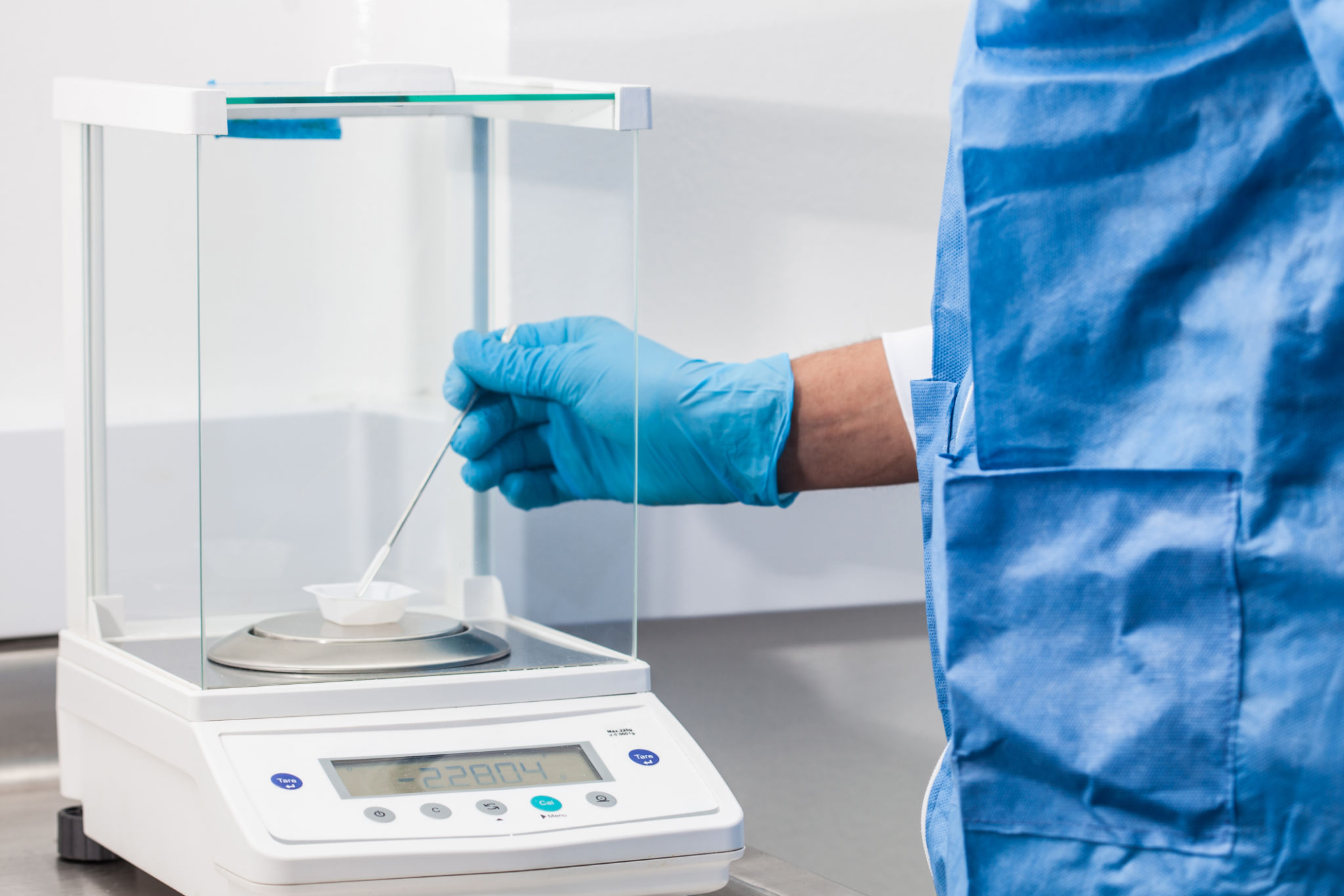Understanding Quarantine and Biosecurity: FAQs Answered by Experts
What is Quarantine?
Quarantine is a protective measure used to prevent the spread of infectious diseases by restricting the movement of individuals who may have been exposed to a contagious pathogen. This practice is crucial in controlling outbreaks and ensuring public health safety. Quarantine can be voluntary or mandated by health authorities, depending on the severity of the situation and the risk of transmission.

The duration of quarantine can vary based on the disease in question, as well as local health regulations. For instance, during the COVID-19 pandemic, individuals who were potentially exposed to the virus were often required to quarantine for 14 days. This period was based on the virus's incubation period, ensuring that those who developed symptoms could be identified and isolated promptly.
Understanding Biosecurity
Biosecurity refers to the procedures and measures implemented to protect against harmful biological or biochemical substances. In the context of infectious diseases, biosecurity aims to prevent the introduction and spread of pathogens among animals, humans, and plants. This involves a combination of practices, policies, and physical barriers designed to minimize risk.
Effective biosecurity measures are essential in various settings, including farms, laboratories, hospitals, and even at national borders. These measures help safeguard public health by preventing disease outbreaks and ensuring the safe handling and disposal of hazardous materials.

Common Biosecurity Practices
Some common biosecurity practices include:
- Regular cleaning and disinfection of facilities.
- Controlling access to sensitive areas.
- Implementing quarantine protocols for new arrivals.
- Monitoring and controlling the movement of animals and plants.
Frequently Asked Questions
Why is quarantine important?
Quarantine is vital because it helps prevent the spread of infectious diseases before symptoms appear. By isolating potentially infected individuals, health authorities can control the outbreak and protect vulnerable populations. This practice is especially crucial in curbing diseases with high transmission rates or those without effective vaccines.

How do quarantine and isolation differ?
While both quarantine and isolation aim to prevent disease spread, they target different groups. Quarantine applies to individuals who may have been exposed but are not yet symptomatic, whereas isolation involves separating those who are already showing symptoms or have tested positive for a contagious disease.
What role do individuals play in biosecurity?
Individuals play a crucial role in biosecurity by adhering to guidelines and practices designed to prevent disease spread. This includes following hygiene protocols, reporting potential exposures, and cooperating with quarantine or isolation measures when necessary. Public awareness and cooperation are key components in maintaining effective biosecurity systems.
In conclusion, understanding quarantine and biosecurity is essential for controlling infectious diseases and safeguarding public health. By following established guidelines and practices, we can all contribute to a safer environment for ourselves and future generations.